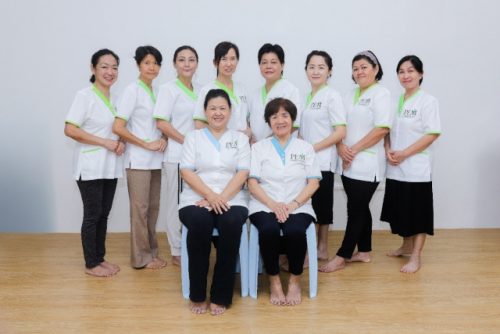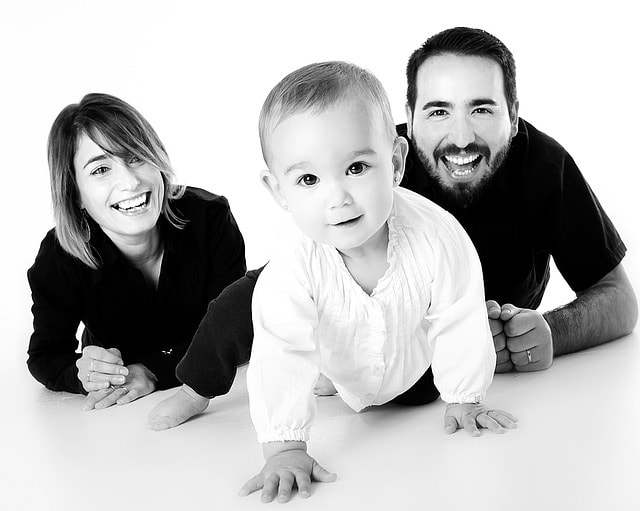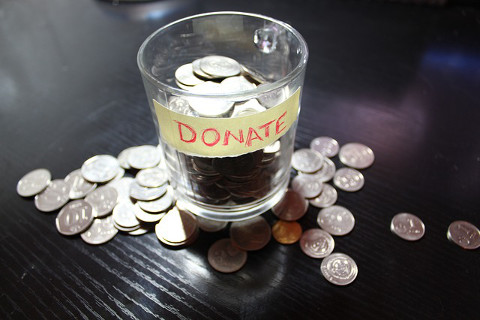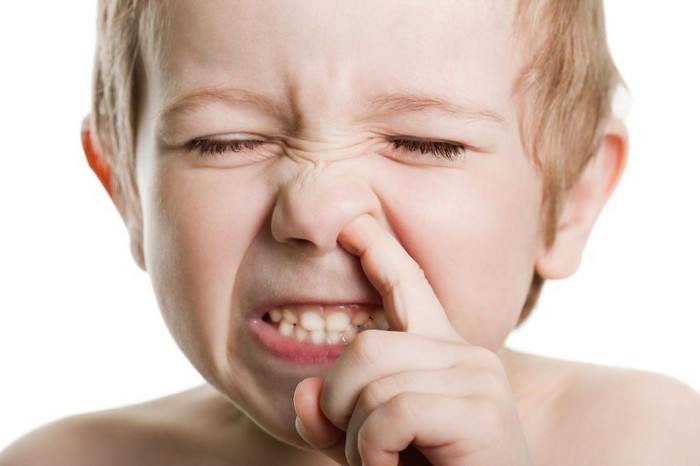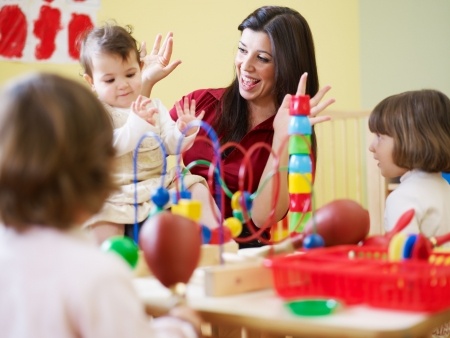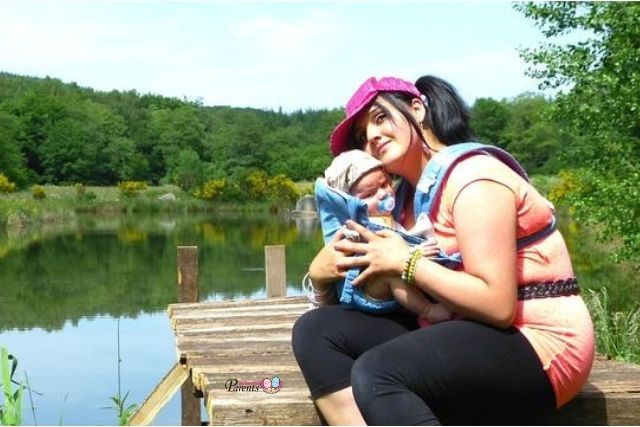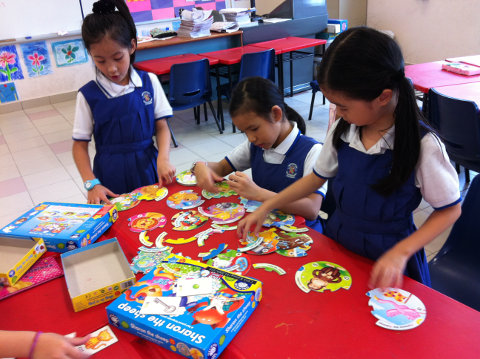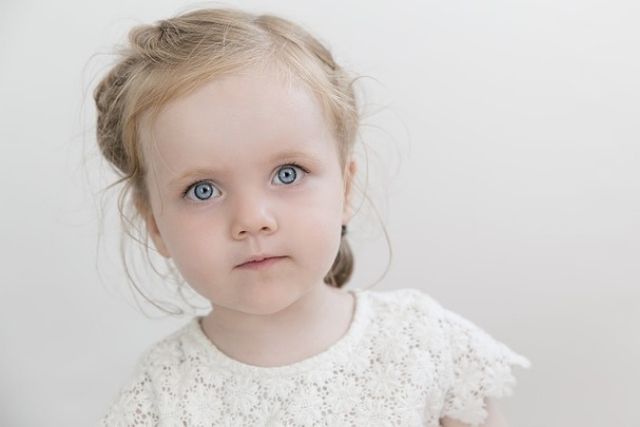There’s a proverb that goes “Train a child in the way he should go, and when he is old he will not turn from it”. Many of us parents can testify to this truth – often the habits that our children pick up when they are young stick with them for a long time, maybe even forever.
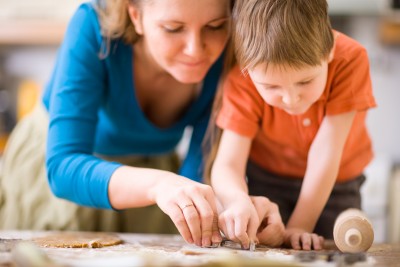
What kind of habits are you inculcating in your toddler or preschooler? Perhaps, it’s time to think about creating some positive habits that will stand them in good stead for the rest of their lives. Here are some to get you started…
#1 Remember to say ‘please’ and ‘thank you’
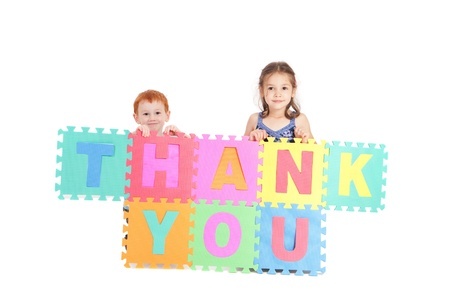
Even a very young child can ‘sign’ a please or thank you when he or she wants to get something or is given something respectively. And those two (or three) words should definitely be one of the first few ones they are taught. This is the start of common courtesy, the most basic of polite conversation. And nothing helps more than having Dad and Mum model these words in everyday conversations, whether it be within their family or to outsiders.
⇒ Related Read: 10 Tips To Raise A Polite Child
#2 Take off your shoes at the door
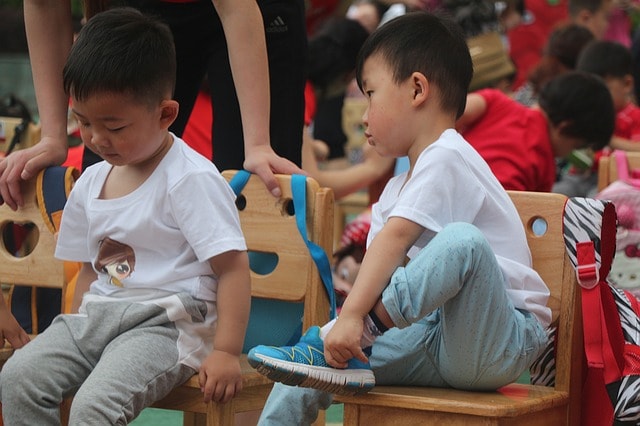
Most of us do leave our shoes at the front door, and learning to remove their footwear and place them in the appropriate shelf or rack, before charging into the house, is an oft-neglected practice our children would benefit from. You might think this is a minor issue – nothing to fuss over at this stage – and you may be right. But think about eight, ten years down the road, when your fashion-savvy teenage girl accumulates enough shoes to open a shoe shop – at least she’ll organize those shoes into some semblance of order. And what about your athletic teenage boy who comes home all covered in mud and sweat after a vigorous soccer game? You’ll want him to toe-off his sneakers at the front door, not track dirt and grime all over the house.
#3 Keep your toys when you’re done
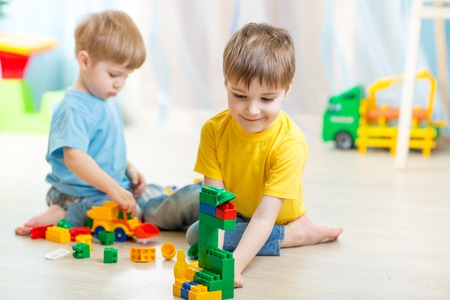
From as young as a few months, make it a point to keep toys or books after play or reading time. And once your child is able to pick up items with some dexterity, assist him or her to keep things after any activity. In time, make it a rule that they keep these things on their own accord before proceeding to another activity. Making this a part of routine breeds a sense of responsibility, promotes the task of finishing well, and contributes to an overall neater house!
#4 It’s time to eat
Too many parents use technology in the form of iPhones or the television to ‘bribe’ their kids to eat. True, it gets the job done with minimal fuss, but it also minimalizes quality family time, removing that window of opportunity for meaningful conversations, savouring of home-cooked fare and relationship building. And surely we don’t want to create reclusive couch potatoes who have no social graces or table manners to speak of.
#5 It’s okay to ask for help
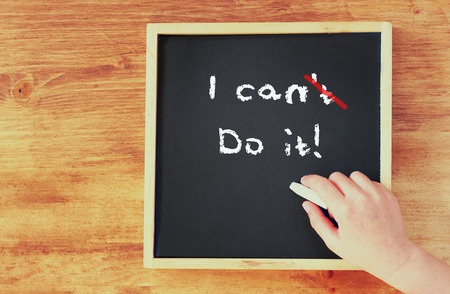
Toddlers and young kids commonly get frustrated with themselves when they can’t do something right, or can’t express what they think or feel coherent. They generally either give up on the task at hand or throw a hissy fit – neither of which are habits you want to encourage in the long run. Try to notice when your child is struggling with something, and after a while, gently suggest that he or she can ask for help if they need it. Some schools of thought suggest that offering to help too often can result in children who have no personal initiative or gumption. While too much molly-coddling can be more harmful than helpful, encouraging your child to seek help when she needs it, as well as giving her the space to work things through on her own, is a recommended balance to aim for.
By Dorothea Chow.
* * * * *
Like what you see here? Get parenting tips and stories straight to your inbox! Join our mailing list here.
Want to be heard 👂 and seen 👀 by over 100,000 parents in Singapore? We can help! Leave your contact here and we’ll be in touch.





